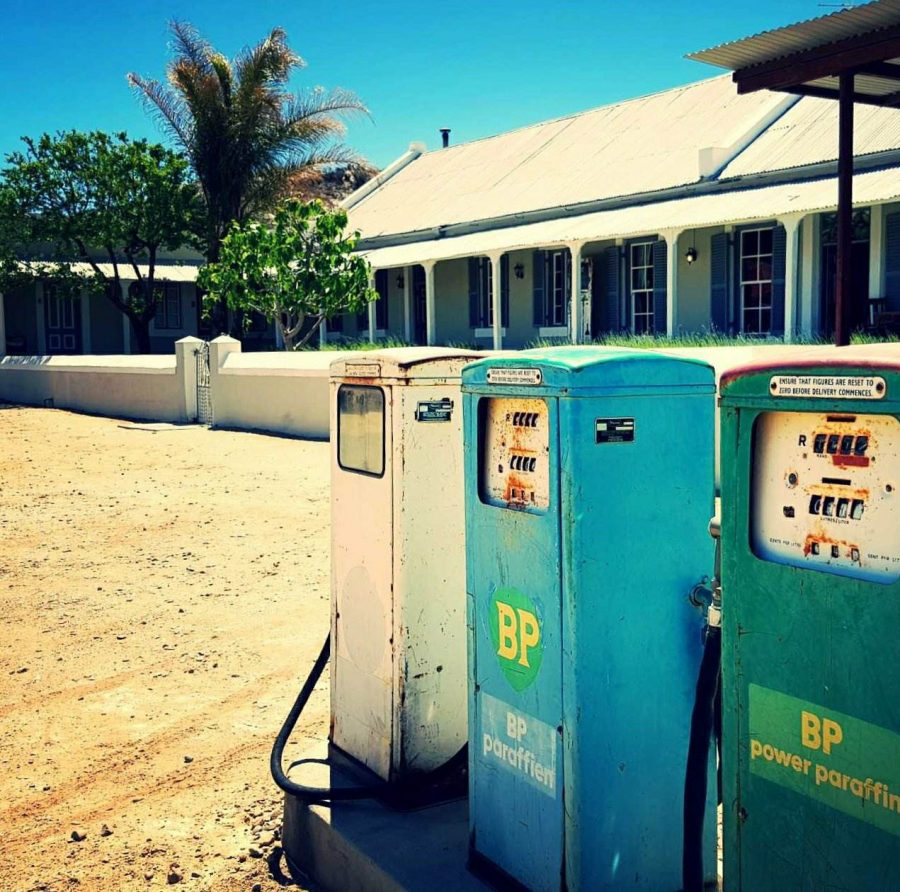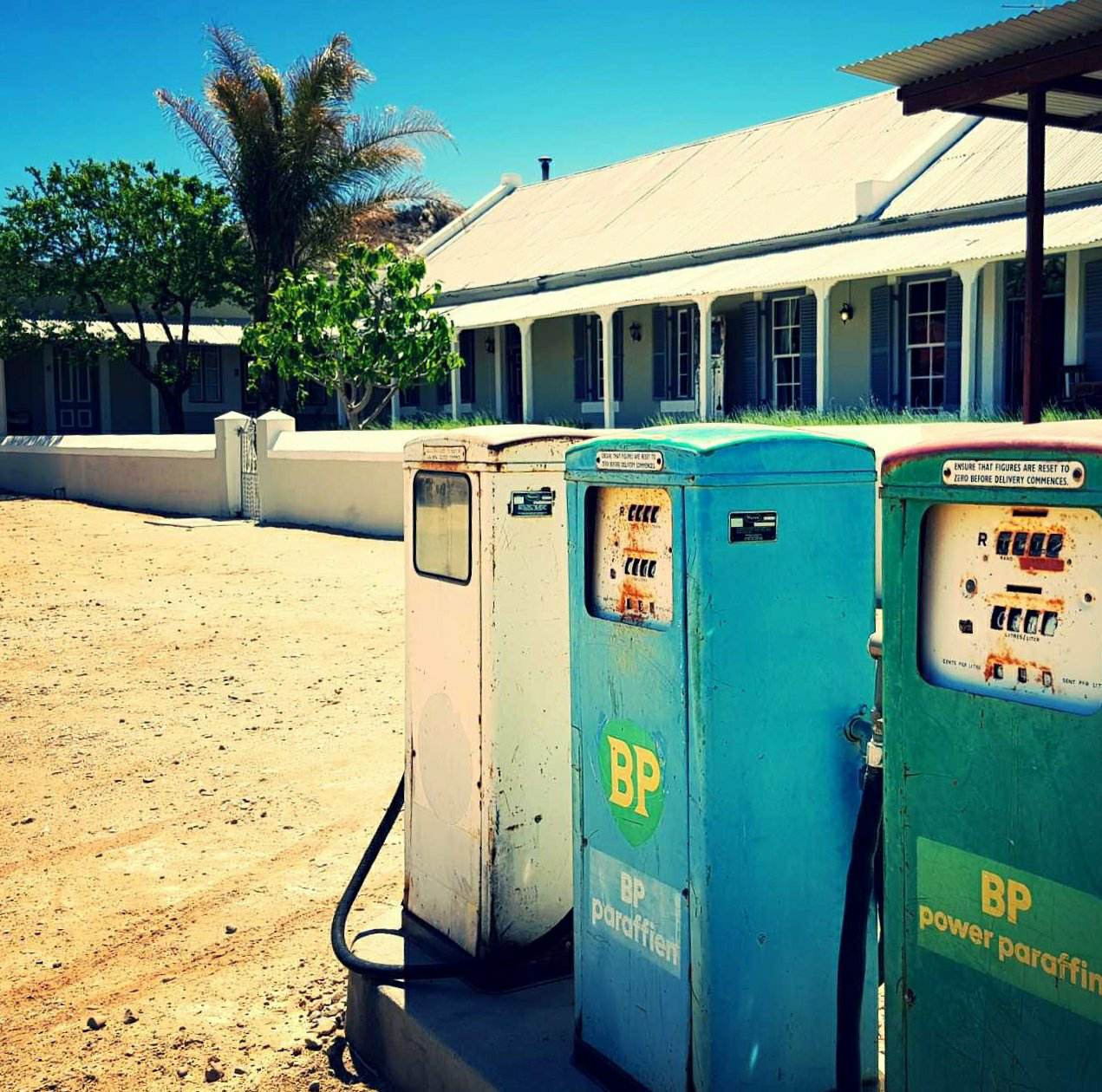
ANC Calls for Strong Action and US Consideration to Manage Fuel Price Increases
The African National Congress (ANC) said it notes with “deep concern” the continued weakening of the rand (and its implications on SA’s growth and inflation), and is “further concerned” by fuel price hikes which are now at their highest level, putting pressure on all aspects of life for South Africans. “Fuel price hikes impact directly […]

The African National Congress (ANC) said it notes with “deep concern” the continued weakening of the rand (and its implications on SA’s growth and inflation), and is “further concerned” by fuel price hikes which are now at their highest level, putting pressure on all aspects of life for South Africans.

“Fuel price hikes impact directly on the lives of the poor as the monopolistic food outlets pass the transport costs to them. The energy cost also increases. The rate at which these cost increases are happening is unbearable and we can neither turn a blind eye nor wish them away.
“We need to take strong action to arrest this situation,” said the ANC is a media statement issued Wednesday evening.
The ANC said it accepts that the rand depreciation is “beyond our control” because it’s driven mainly by US trade wars, selling-of assets in emerging markets and portfolio outflows; and that the fuel price increase is “inevitable” due to global crude oil prices increases.
But adds: “We however call on the US to consider the unintended consequences of its trade wars and the ripple effects its imposition of sanctions on some oil-producing countries have on emerging economies.
“We also join the call on the Organization of Petroleum Exporting Countries (OPEC) to help lower fuel prices by increasing oil production.”
Meanwhile the ANC called on the SA government to increase South Africa’s petrol reserves and consider freezing or decreasing the fuel levy in order to further stabilise governance and finances at the Road Accident Fund, PetroSA and Central Energy Fund.
Yesterday Moody’s said South Africa will find it harder to raise funds and service its foreign debt after the recent fall in the rand and rising bond yields.
Moody’s indicated that there could be even tougher times ahead, with SA’s public debt having risen to more than 50% of gross domestic product over the past 10 years… thanks in large part to mistakes made under the governance of former President Jacob Zuma (particularly the firing of reputable finance ministers!).
The rating agency said the initial investor confidence after Cyril Ramaphosa became President has declined, particularly because of the uncertainty over land issues and mining policies.
